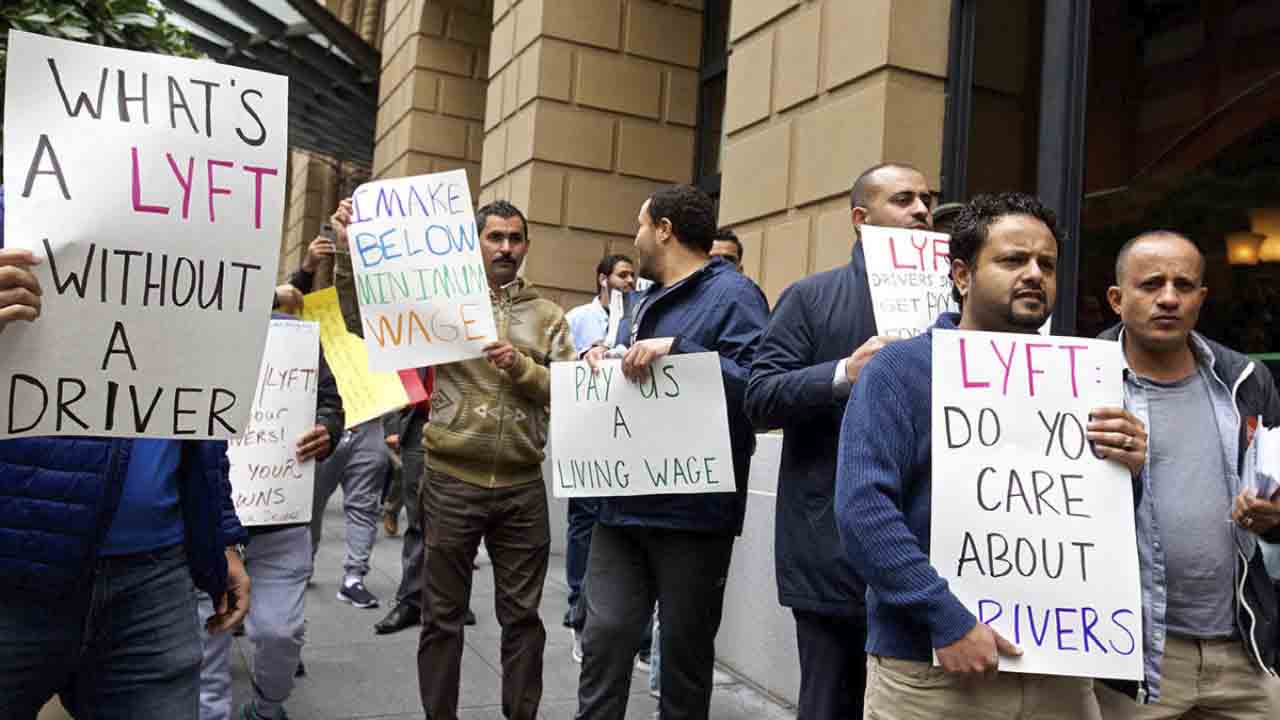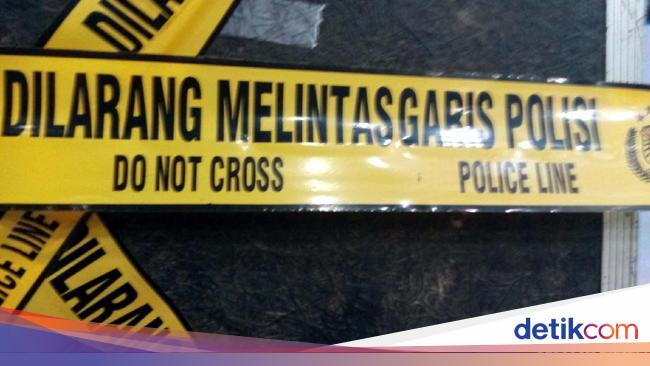Uber and Lyft hit in California: Workers’ ABC test is retroactive
The California ABC test that checks for false self-employed workers is applied retroactively. This was ruled by the California State Supreme Court on Thursday in a decision that could put Uber, Lyft and other such companies that exploit their workers on the ropes.
The ABC test was issued in an April 2018 decision called Dynamex that said that workers should be considered employees unless they work without the control of the hiring company, perform work outside the usual hiring entity and have another type of business independent to do that work.
Tani Cantil-Sakauye, president of the Supreme Court, reported what was a unanimous decision. The Ninth Circuit Court of Appeals in May 2019 had said that Dynamex should be retroactive.
“Public policy and equity concerns, such as protecting workers and benefiting companies that comply with wage order obligations, favor the retroactive application of Dynamex.”
Dynamex’s decision supports California’s AB5 law, which codified the ABC test while exempting numerous professions and expanding its scope beyond wage orders.
Uber, Lyft, DoorDash, and other such companies classify workers as self-employed rather than employees, saying they trust the flexibility of that model.
Doing so also saves them millions of dollars in benefits, payroll, overtime, Social Security, sick leave, work accident insurance, and other expenses.
These predatory companies spent $ 220 million on advertising to get voters to pass the bill. Proposition 22 November, which maintains its workers as self-employed and exempts them from the AB5 Law as of its adoption in mid-December.
Or put another way, Uber, Lyft and company are the ones who make the laws, and the State must abide by them. Unions this week turned to Proposition 22 to repeal it.
Prop. 22 does not protect businesses retroactively. They face a number of job classification lawsuits, both from government agencies and from their own workers.
The Supreme Court ruling means that if the companies lose those cases, they could face much larger penalties as they could be held liable for the actions before Dynamex went into effect in April 2018.
The California attorney general and three city attorneys sued Uber and Lyft in May. The California labor commissioner sued the two trucking companies in August, saying they committed wage theft by classifying the drivers as self-employed. Several drivers have joined in classification lawsuits against Uber, Lyft and other companies.
“These companies will be out of luck”Said Bob Eassa, a partner at Duane Morris, a San Francisco law firm. “For any pending cases, the test that will be applied to them will be Dynamex and will go back as far as the statute of limitations allows”, generally three or four years, depending on the applicable commercial code.
“Even though Uber and Lyft spent record amounts of money to rewrite the law for their own benefit, they cannot change the fact that they were breaking the law for years prior to Proposition 22 by failing to classify their drivers as employees,” he said. John Coté, a spokesman for San Francisco City Attorney Dennis Herrera, who is one of those who joined the California attorney general’s lawsuit against trucking companies. “This decision reinforces the position that we have maintained at all times.”
Shannon Liss-Riordan, a Boston attorney who has filed lawsuits classifying workers as self-employed on behalf of drivers, said the decision should help California workers seek redress for previously unpaid wages. April 2018. You have lawsuits and arbitrations pending against Uber, Lyft, Grubhub, DoorDash, Postmates, Instacart, Shipt, and Amazon.
The court “emphasized that this stringent test was necessary because the more flexible previous standard … had led to inconsistent results that did not adequately protect workers,” he said in an email. “This decision is an additional indictment of Proposition 22.”

The war against Uber for workers’ rights in California is not over yet
Uber and Lyft hit in California


